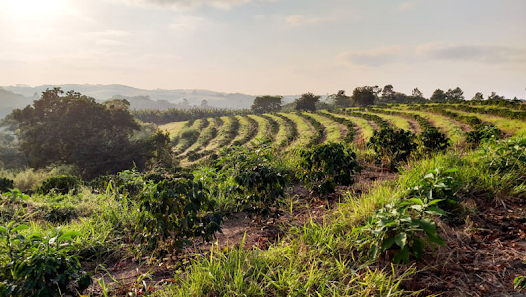Water and Power

KEYWORDS: Water, Development, Power, Hegemons, Data, IWRM Welcome back! In previous posts, we’ve seen how Africa’s history of colonialism is linked to its current relationship with water and politics through targeted displacement of communities and inherited water laws that exacerbate inequality. This final post is about the relationship between the control of water and regional power. There is a high potential for conflict over water in Southern Africa as all the states are competing for a diminishing resource that has a significant influence on regional power and economic development. There is also an increased level of complexity due to the uncertainty of climate change . One source of regional power disparity in relation to water is a historical lack of data sharing between riparians . This is largely due to the inherited colonial management plans for river basins not including any agreements to do so, leading to regional hegemonies. The data imbalance exacerbates power...
.jpeg)

